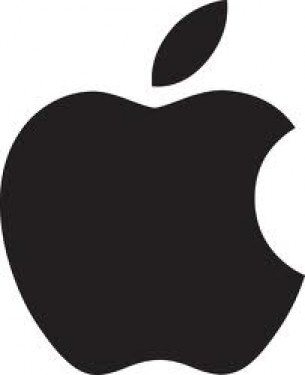Apple Inc. (NASDAQ:AAPL)‘s introduction of the iPad in 2010 forever disrupted the world of personal computers. Medical professionals have been a major part of that revolution, and their rising use of medical apps such as athenahealth, Inc (NASDAQ:ATHN)‘s Epocrates and WebMD Health Corp. (NASDAQ:WBMD)‘s Medscape have changed how medical data is organized and accessed.
The rise of the medical apps
72% of physicians now use tablets, according to a survey by Manhattan Research. This growth has fueled some impressive numbers from Epocrates and Medscape, which respectively have 1 million and 2 million registered users. Both services are widely used by physicians, medical students, nurses, and other health care professionals to access to drug information (side effects, adverse interactions), medical news, new research, and localized medical alerts. Both Epocrates and Medscape are available for iOS, Android and Blackberry devices.

Although Epocrates and Medscape are useful for point-of-care applications, they both lack mobile EHR (electronic health record) capabilities. Instead, they act as reference tools, while their EHRs are handled by athenahealth, Inc (NASDAQ:ATHN) and WebMD Health Corp. (NASDAQ:WBMD)’s dedicated EHR businesses.
The unmet need in mobile EHRs
According to a recent survey from Black Book Rankings, only 8% of office-based physicians used a mobile device for e-prescriptions, EHR access, ordering tests, or viewing test results. However, 83% of surveyed physicians stated that they would immediately use mobile EHR functions if they became available, especially on tablets.
Greenway, NextGen, Cerner, GE, Allscripts and eClinicalWorks currently offer mobile access to their EHR products. This means that there is plenty of room for EHR companies to grow in this space. Black Book Rankings reports that 122 companies are adding full mobile access to their EHR products or native iPad versions by the end of the year. 135 other EHR companies also stated that they were planning to release mobile apps. However, drchrono, one of the first mobile EHRs for the iPad, remains the most popular choice among doctors.
What the health care industry means for Apple
As physicians continue using Epocrates and Medscape, along with mobile EHR apps, Apple Inc. (NASDAQ:AAPL) will be the primary beneficiary of this heightened demand for mobile solutions.
Black Book Rankings found that 68% of surveyed physicians and practices preferred the iPhone over Android, and 59% of physicians were integrating tablets, of which the iPad was the most popular choice, into their daily operations.
This is another confirmation of the iPad’s growth in the non-consumer sector. Over the past several years, the iPad has slowly cracked BlackBerry’s once indomitable position in the enterprise and government sectors. Today, the iPad has become the tool of choice for health care professionals for a simple reason — its standardized hardware makes it easy to develop apps for, in stark contrast to the fragmented world of Android. Therefore, as new mobile EHR apps arrive, they will be developed for the iPad first since a unified hardware and software platform will be far easier to maintain and troubleshoot.





